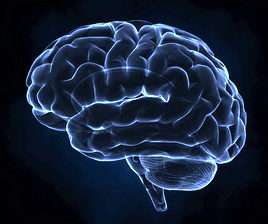Psychotherapy research in the 21st century
Society of Clinical Psychology
FEBRUARY 20, 2023
Buss, BS; Robinson De Jesús-Romero, BA, MsC; Allison Peipert, BS; Isabella Starvaggi, BS Psychotherapy research in the 21st century Mental disorders account for a substantial proportion of the disability attributable to health conditions (Whiteford et al., 2014), positive psychotherapy (Lopez-Gomez et al.,

















Let's personalize your content